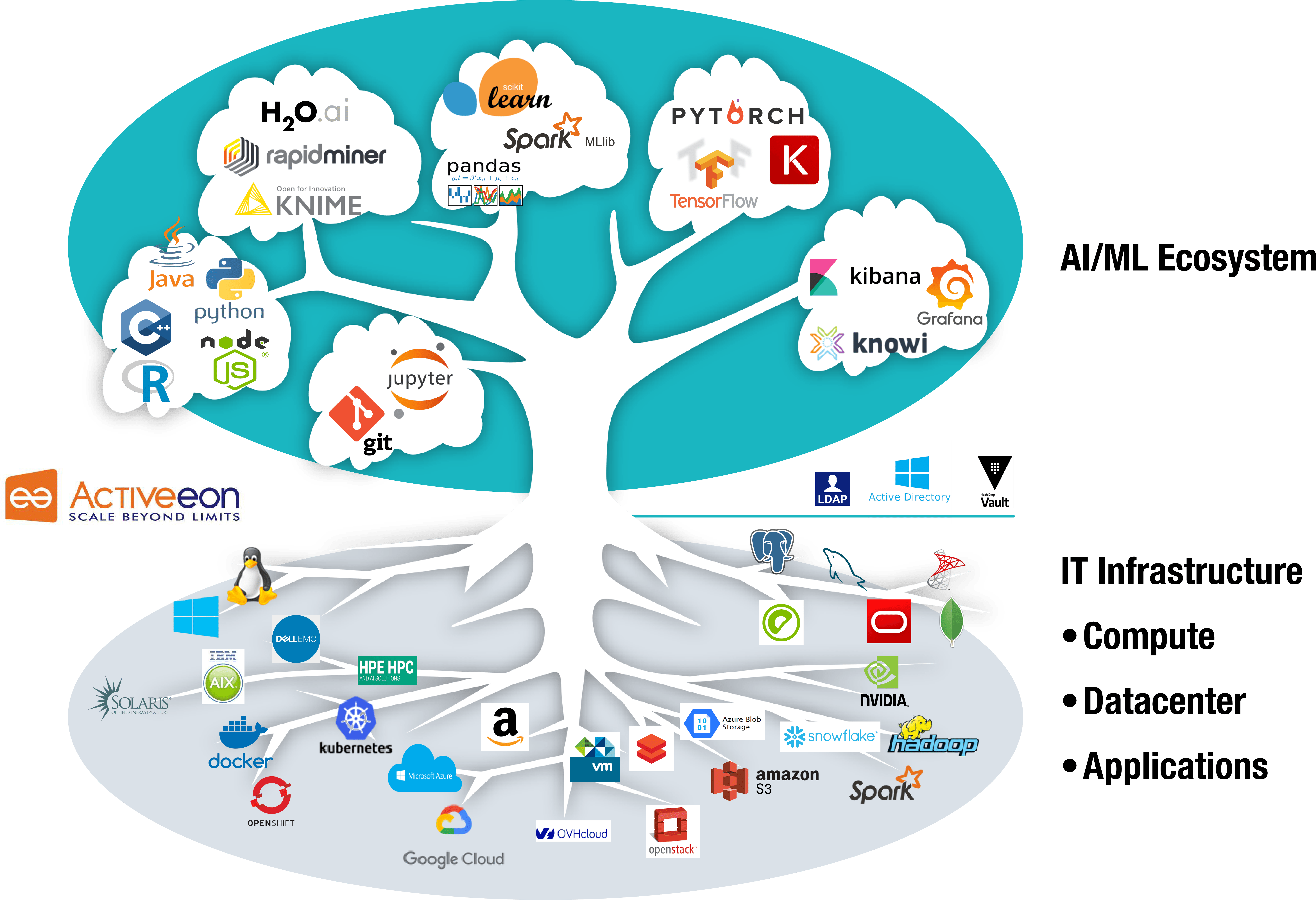AI Ecosystem Poses Serious IP Risk, Not Antitrust Problems
Regulators’ confident predictions of antitrust harms in the artificial intelligence marketplace are hard to reconcile with a competitive, fluid ecosystem that doesn’t yet provide reasonable grounds for antitrust intervention. However, there are concerns regarding intellectual property (IP) protections for content and data assets within the AI ecosystem that need immediate attention.

Challenges in the AI Ecosystem
An AI-enabled app like ChatGPT represents the endpoint of a technology stack comprising various segments. While the risk of anticompetitive behavior varies across these segments, there are worries about monopolistic tendencies in the upstream segment, especially concerning large-language models like OpenAI’s GPT-4 and Anthropic’s Claude.
Despite the potential for concentration in certain areas, the AI ecosystem exhibits features that mitigate concerns. Competition thrives as different companies develop competing models that cater to specialized verticals, reducing the risk of any single entity dominating the ecosystem.
Addressing IP Protection
Current regulatory focus on antitrust issues doesn't seem warranted due to active entry into the AI stack at different levels. However, ensuring sufficient IP protection for content and data used in AI development is crucial for the ecosystem's sustainability.
Content and data are the lifeblood of AI development, with model developers relying heavily on access to vast datasets for training. While some developers have entered licensing agreements with content owners, the legal landscape surrounding copyright protection is murky within the AI realm.
![16 Visual Content Marketing Statistics for 2022 [Infographic]](https://venngage-wordpress.s3.amazonaws.com/uploads/2021/07/Visual_Content_Marketing_Statistics_2022_Blog_Header.png)
Legal uncertainties, akin to the early dot-com era, surround the use of proprietary AI content. The need for clear copyright protections is evident, as seen in past court rulings that favored tech platforms over content owners, leading to a weakened IP landscape.
The Importance of Property Rights
Property rights play a crucial role in incentivizing content production and investment, as demonstrated in the digital content market's evolution. Similarly, the AI marketplace can benefit from efficient licensing and payment mechanisms to maintain incentives for creative production.
Without robust intellectual property frameworks, markets may struggle to fund and sustain activities necessary for the AI ecosystem's growth. Developing clear IP protections and mechanisms for fair compensation is essential to prevent content wars and ensure a thriving AI landscape.
This article does not necessarily reflect the opinion of Bloomberg Industry Group, Inc., the publisher of Bloomberg Law and Bloomberg Tax, or its owners.
Jonathan Barnett is a professor of law at the University of Southern California’s Gould School of Law.
Write for Us: Author GuidelinesTo contact the editors responsible for this story: Jada Chin at [email protected]; Melanie Cohen at [email protected]










